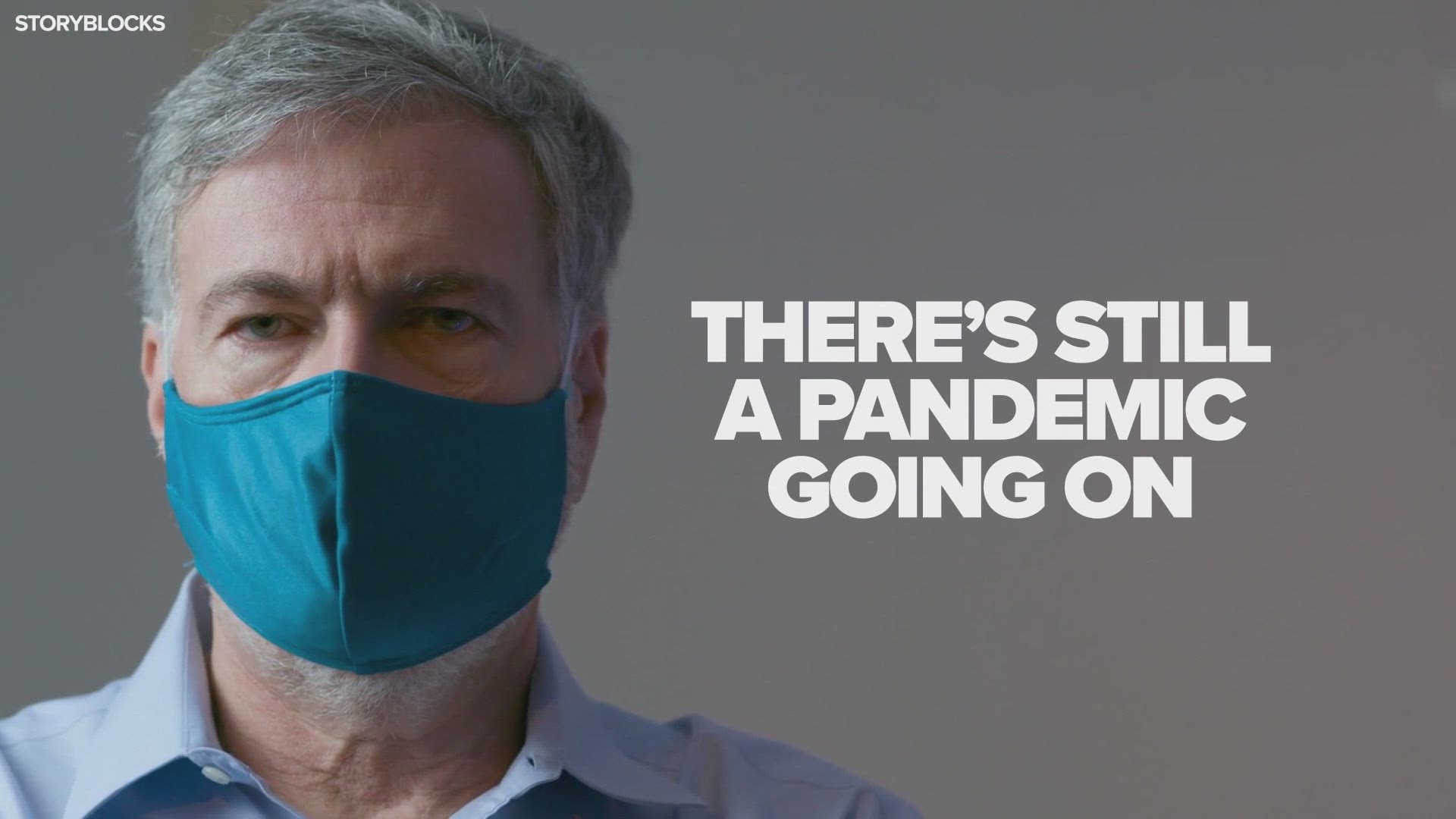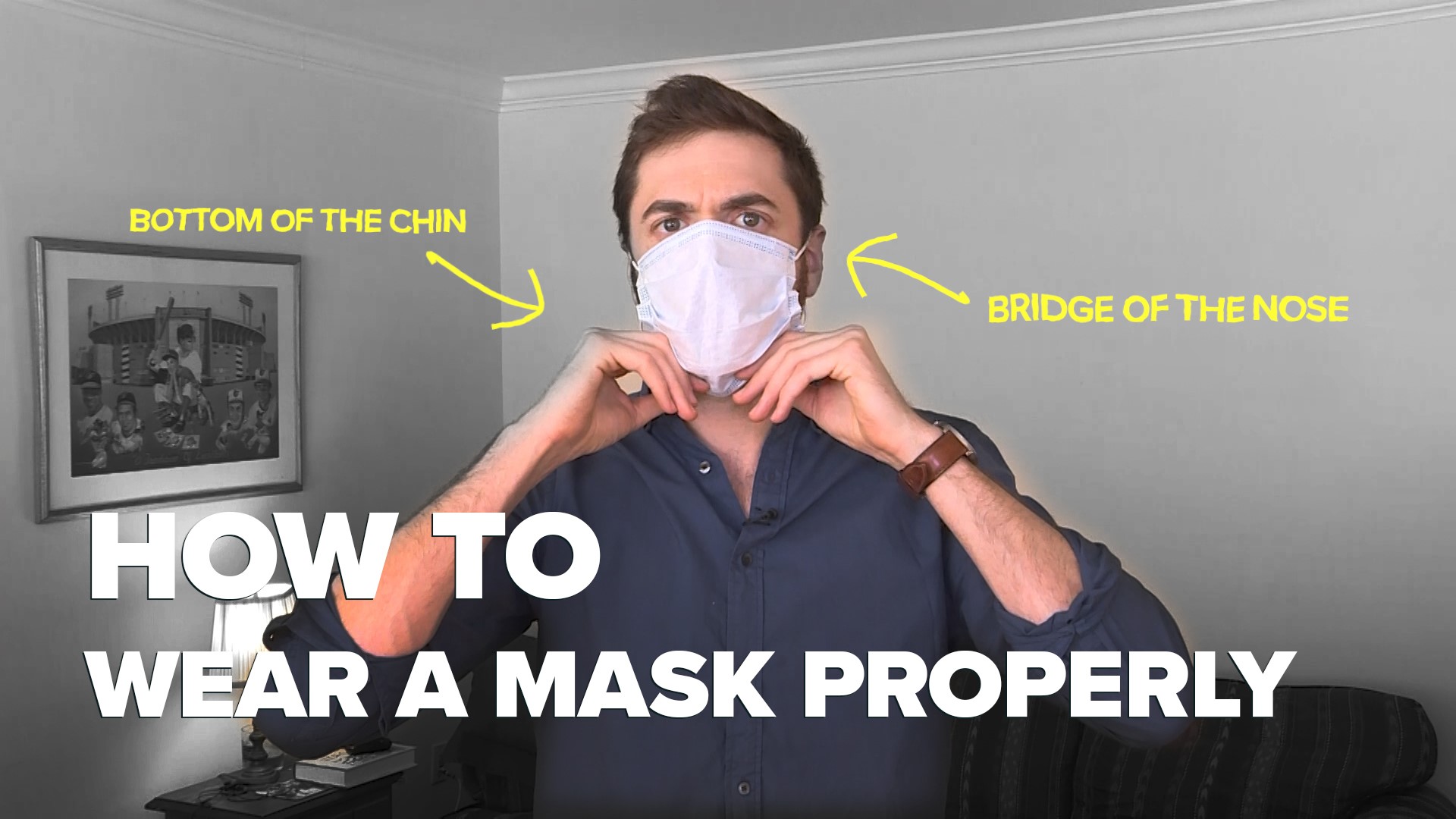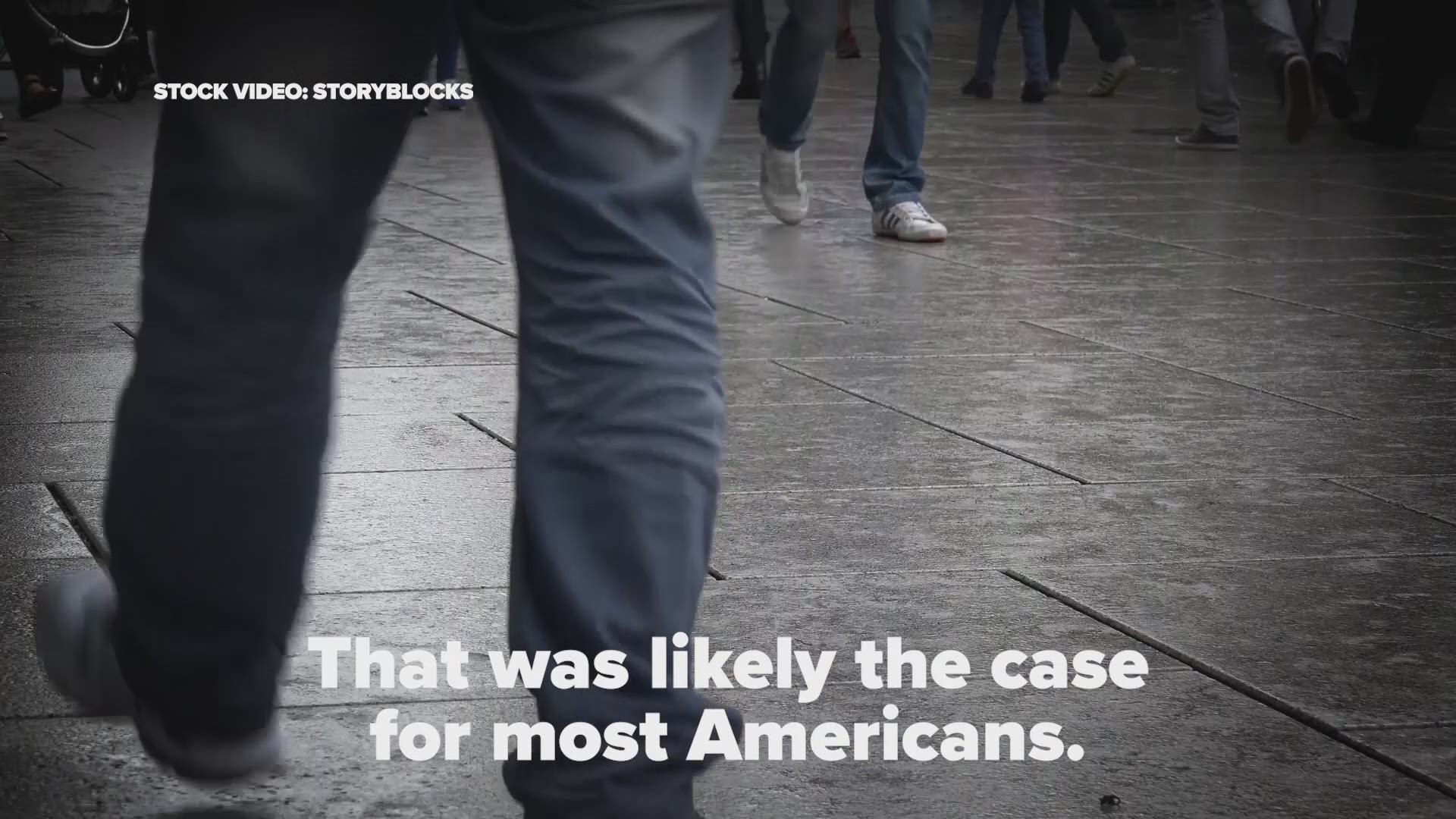JEFFERSON COUNTY, Texas — For the 10th consecutive day, Texas has marked a record-high for COVID-19 hospitalizations.
The new record followed another historic high set on Saturday. Texas reported 4,430 positive COVID-19 cases, that is the highest number reported since tracking began in March. Saturday had the second highest number of positive during the pandemic -- 3,866.
There has been nearly 113-thousand cases of the virus reported in Texas. The state now has the fifth highest confirmed number of cases in the U.S. behind New York (387,936), California (178,224), New Jersey (169,142) and Illinois (136,762).
Texas' high number of positive cases does come on the same day the state logged more than 62,000 viral tests, the most ever reported in on day.
Texas Department of State Health Services spokesperson Chris Van Deusen said part of the increase in cases is attributable to Texans going to bars, beaches, rivers and other social gatherings. The state’s latest reopening guidelines allow restaurants to operate at 75% capacity and bars to operate at 50% capacity.
Governor Greg Abbott is scheduled to discuss the rise in hospitalizations and cases Monday. He has set a news conference for 2 p.m. in Austin.
Jefferson County has reported record-high positive coronavirus cases during 6 of the last 7 days. June 20th tied the record of highest number of COVID-19 hospitalizations in Jefferson Co. 27 people with either confirmed or suspected cases of COVID-19 were hospitalized. That is a number not seen since April 8.
RELATED: 20 new COVID-19 cases in Southeast Texas on Sunday, 14 day average continues to rise in region
Coronavirus symptoms
The symptoms of coronavirus can be similar to the flu or a bad cold. Symptoms include a fever, cough and shortness of breath, according to the Centers for Disease Control.
Most healthy people will have mild symptoms. A study of more than 72,000 patients by the Centers for Disease Control in China showed 80 percent of the cases there were mild.
But infections can cause pneumonia, severe acute respiratory syndrome, kidney failure and even death, according to the World Health Organization. Older people with underlying health conditions are most at risk.
The CDC believes symptoms may appear anywhere from two to 14 days after being exposed.
RELATED: VERIFY: No, members of Congress who are self-quarantined for coronavirus cannot vote remotely
Human coronaviruses are usually spread through...
- The air by coughing or sneezing
- Close personal contact, such as touching or shaking hands
- Touching an object or surface with the virus on it, then touching your mouth, nose or eyes before washing your hands.
Help stop the spread of coronavirus
- Stay home when you are sick.
- Eat and sleep separately from your family members
- Use different utensils and dishes
- Cover your cough or sneeze with your arm, not your hand.
- If you use a tissue, throw it in the trash
Lower your risk
- Wash your hands often with soap and water for at least 20 seconds. If soap and water are not available, use an alcohol-based hand sanitizer.
- Avoid touching your eyes, nose, and mouth with unwashed hands.
- Avoid close contact with people who are sick.
- Clean and disinfect frequently touched objects and surfaces.
- If you are 60 or over and have an underlying health condition such as cardiovascular disease, diabetes or respiratory illnesses like asthma or COPD, the World Health Organization advises you to try to avoid crowds or places where you might interact with people who are sick.



